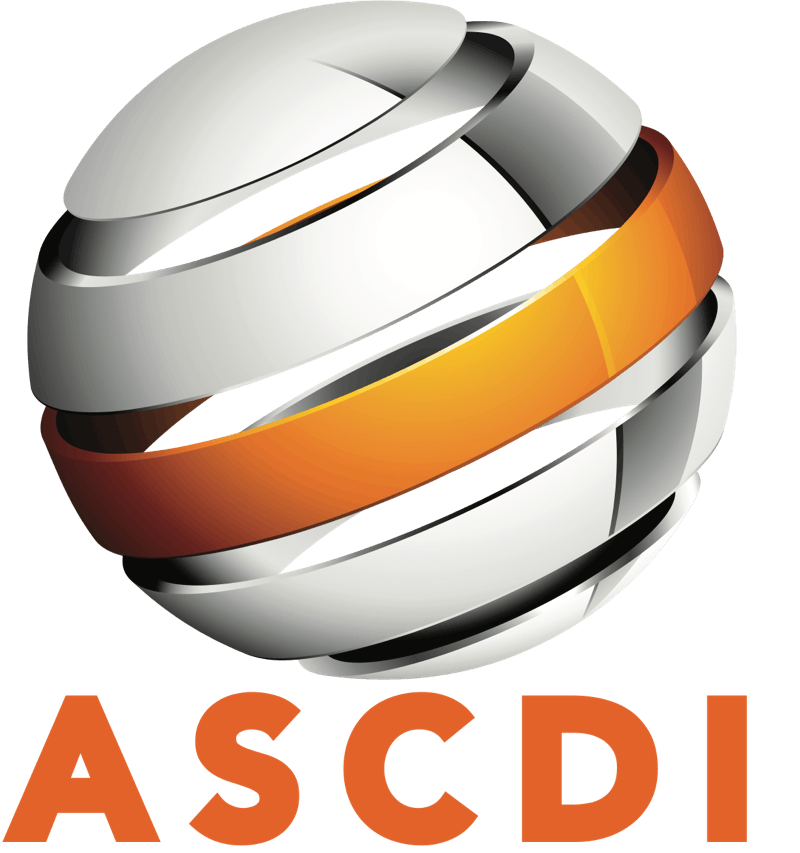Leadership
In the 1970’s through the 1990’s our organization (then known as the CDLA) advised the United States department of justice with regard to the Consent Decree which it entered into with IBM. At the same time in Europe (known at that time as ECLAT) we worked with the EU Regulators on the Waste and Electrical Equipment Directive.
In 2008 and 2010, we filed a complaint with the UK and EU anti-competitive authorities when Sun Microsystems (later bought by Oracle) began treating our EU Members in an anti-competitive fashion. And for 8 years starting in 2006 we supported Continuant in the United States when Avaya attempted to thwart their efforts to offer a third party maintenance solution in the telecom industry.
We were there at the U.S. Federal Acquisition hearings in the 2010 when the US Government was debating shutting out the secondary market from government bids.
We were cited in the majority decision in a US Supreme Court case, where we successfully argued that trademark holders could not restrict the resale of their products, regardless of where they were first sold or produced.
We are active in a United States Customs and Border Patrol Advisory Council, making sure that resellers are treated fairly when importing goods into the United States and we have testified multiple times in US – EU Trade negotiation hearings in an effort to keep the borders open for the goods and services our members provide.
We have also led the fight to protect our members and their customers from counterfeit products by authoring the only Anti-Counterfeit policy in our industry. Our Code of Ethics, which defines how resellers and service companies will interface with the public and each other has become an industry standard used by many other organizations.
Through our alliances with other organizations we are continuing our tradition of leading the fight for the rights of resellers and service companies by making sure that trademark holders do not restrict independent service companies and resellers from competing by unfairly restricting the reuse of the software which is essential to the operations of equipment.
